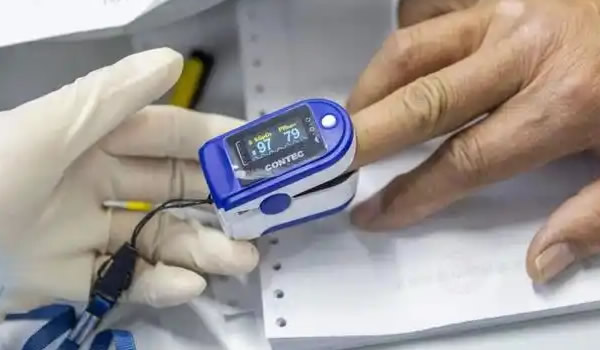Summary: the prevalent issue of diabetes, its root causes, impacts, and possible medical and lifestyle management approaches. It also discusses preventive measures and future prospects that advancements in medical technology hold for diabetes patients.
Introduction
With more than 460 million people diagnosed with diabetes globally, of which nearly 60% are in Asia, understanding diabetes has become a critical health issue. The effective management of diabetes has significant implications not just for the individual patient, but also for public health systems in Asia and all around the globe.

What is Diabetes?
Diabetes is a chronic disease that arises when the pancreas does not produce enough insulin, or when the body cannot effectively use the insulin it produces. It leads to an increased concentration of glucose in the blood (hyperglycemia). There are two primary types of diabetes: Type 1, which is insulin-dependent, and Type 2, which is more common and often linked to lifestyle factors.
Diabetes Treatment Approach
The primary form of treatment is the administration of insulin for type 1 diabetes. For type 2, the most effective approach usually includes a combination of medication, a healthy diet, regular physical activity, and regular monitoring of blood glucose levels. Innovations in medical technology now offer more refined ways of monitoring and treating diabetes, such as continuous glucose monitors and insulin pumps.
The Impact of Diabetes
Diabetes can lead to an increased risk of other serious health complications, including heart disease, stroke, kidney disease, foot ulcers, and vision loss. According to the International Diabetes Federation, in the Western Pacific region alone, an estimated 183 million people are living with diabetes, and this number is projected to rise even further in the coming years.
Preventing Diabetes
Research indicates that type 2 diabetes can be prevented or delayed by maintaining a healthy weight, eating a balanced diet, getting regular physical activity, and avoiding tobacco use. Regular screening for diabetes is also crucial for early detection and treatment to prevent complications.
Looking Ahead: The Future of Diabetes Management
Advancements in medical technology promise even more effective approaches to diabetes management in the future. This includes the development of artificial pancreas systems and islet cell transplantation, which could improve the lives of those living with this disease remarkably.
FAQs
Q1: Can you fully recover from diabetes?
A1: While there's currently no cure for diabetes, it can be managed effectively with proper treatment and lifestyle changes.
Q2: How often should I get screened for diabetes?
A2: It is recommended that adults aged 45 and above get screened every three years, or more frequently if they have risk factors.
Q3: Are children also at risk of diabetes?
A3: Yes, both type 1 and type 2 diabetes can occur in children, although type 1 is more common.
Editor's Note
Remember that early detection is key to preventing or delaying diabetes-related complications. Adopt a healthy lifestyle, get screened regularly, and consult your doctor immediately if you notice any symptoms.
User Comments
Mitchell, Henry: gave me clarity on something my doctor mentioned.
Nelson, Alexander: I appreciate how the risks and treatments are clearly laid out.
Martinez, Leo: Finally found something reliable on this topic. Thank you!